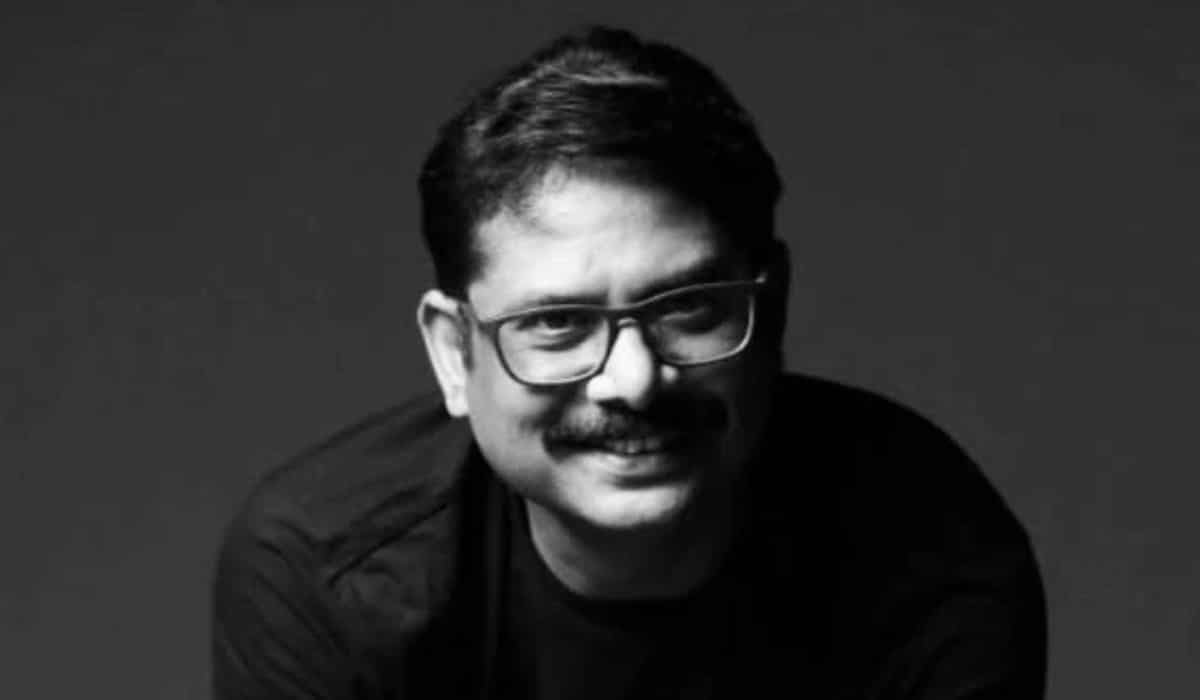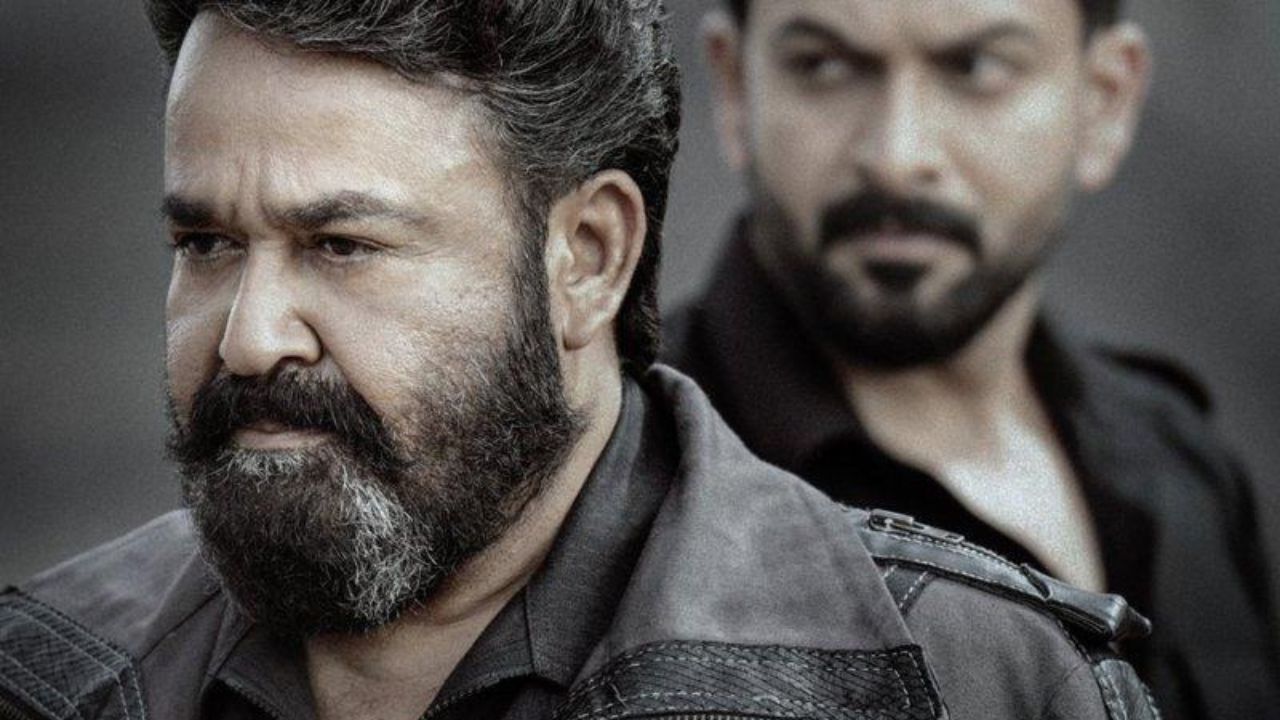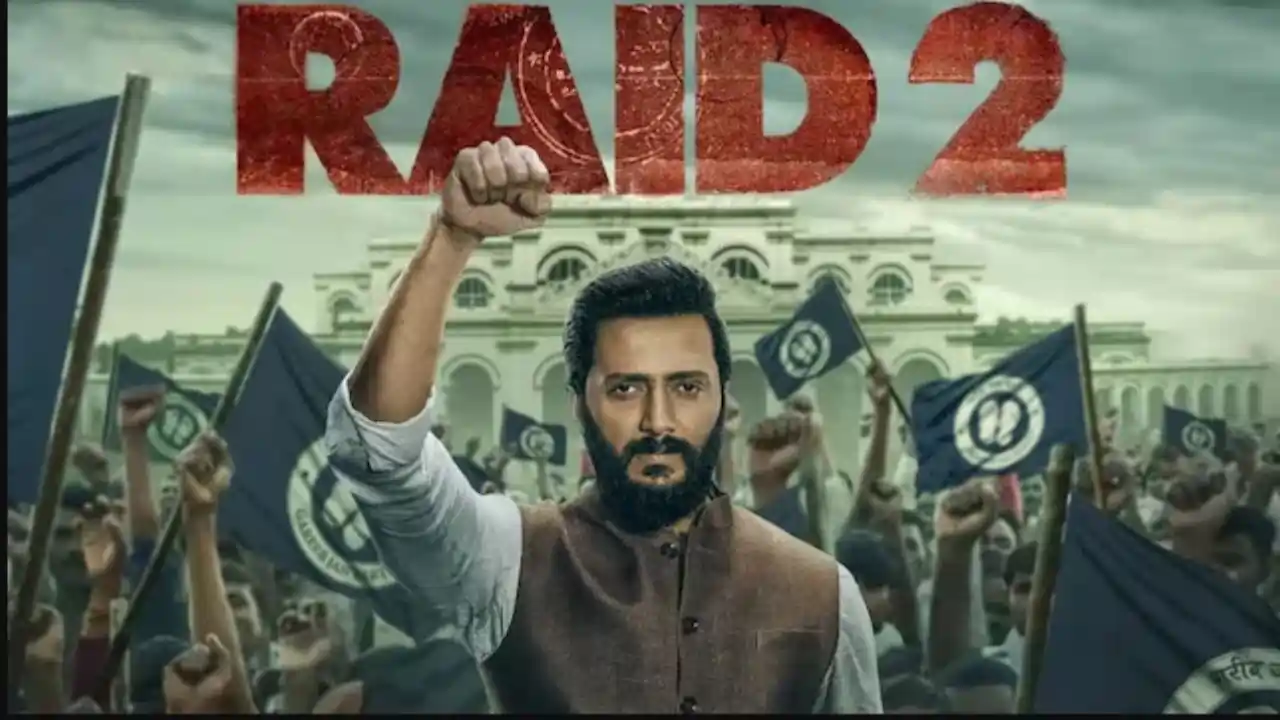
Gut feeling: Why it’s okay to not have all the answers
-85287796 seconds ago | 66 Views
It’s inescapable. It seems that every mindset guru, leadership coach or productivity influencer is obsessed with chasing absolute focus. Goals? They must be clearer than Ambani diamonds. Success? If you can’t picture it in HD, you’ll never make it. Action plans? Don’t worry. Every hour of every day has been accounted for and optimised. No wonder so many young people are overwhelmed before they even begin adult life.
Life’s too complicated to control. And yet, uncertainty is taboo. It’s worrying great minds too. “A solid amount of ‘dallying in the wilderness of being unsure’ is a positive thing,” says Amercian journalist Maggie Jackson. Her National Book Award-nominated book, Uncertain: The Wisdom and Wonder of Being Unsure, examines why the term has long been seen as a shameful flaw, and how the long-neglected topic is now exciting researchers.
The book mentions Joseph Kable, a neuroscientist from the University of Pennsylvania, who finds that “uncertainty shakes you out of your complacency and makes you more attuned to new information. It plays a role in setting up the brain to learn”. In other words, not knowing (and admitting it) is not only a relief, it’s actually useful. It makes us curious and frees us from the guilt of having ready answers in an unpredictable life.

Consider this as a mini experiment: Would you like pizza tonight? The common response is to weigh arguments for and against pizza and arrive at a Yes-or-No decision. But normalise uncertainty and a third, more comfortable, answer emerges: You just don’t know. Phew! No limiting boxes, no pressure to overthink the little things, plenty of leeway to return to the question later.
Most studies about uncertainty find that modern life, with its emphasis on facts and analysis, subtly pressures us to value what we know over recognising that we don’t know everything. They show that a too-busy brain robs a person of the ability to slow down or sit still – both essential for mental well-being.
At England’s University of Central Lancashire, psychologist Dr Sandi Mann has been studying the creative benefits of idleness – another act of choosing uncertainty over algorithms. She finds that daydreaming makes us more creative, better at problem-solving, more creative. Anyone who’s watched children play for hours and view the world in a freer way knows this. Who’s going to tell the productivity coaches?

For most people, giving in to uncertainty is a process of unlearning. Modern life has us wired to tackle a problem, process the facts before us, and live the consequences of picking or rejecting pizza two minutes ago. But the unlearning has unexpected advantages. In her book, Hope in the Dark, American writer Rebecca Solnit makes the case that without uncertainty, hope wouldn’t exist. “Hope is the story of uncertainty, of coming to terms with the risk involved in not knowing what comes next, which is more demanding than despair and, in a way, more frightening. And immeasurably more rewarding,” she writes.
The Dutch understand this well. Niksen, their term for the deliberate act of doing nothing, embraces a state of waking rest. It’s the opposite of focused mindfulness. The Italians have their own term, dolce far niente, or the sweetness of doing nothing, which allows them to hit pause and breathe deeper. Goans fiercely hold on to their culture of susegaad or valuing slowness and relaxation. The Swedes have fika, which means a coffee break, but has come to mean allowing moments of calm in a frantic world. It seems that science is finally discovering what so many cultures already know: That there’s more to life than knowing and doing.
Read Also: Magic, gaming, dance: How three YouTube creators made it big
#



.webp)
















